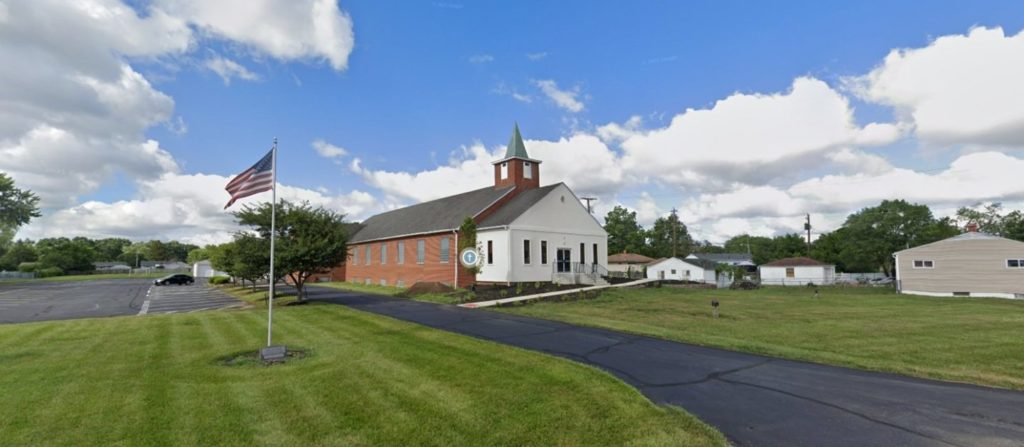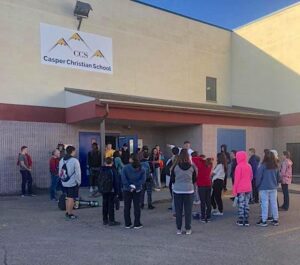Ohio Christian school started by partnering churches welcomes first class, funded by donations and school vouchers
A group of churches in Ohio has banded together to open a private school serving low-income communities where families can use state funds to pay tuition.
Westside Christian School will welcome…

A group of churches in Ohio has banded together to open a private school serving low-income communities where families can use state funds to pay tuition.
Westside Christian School will welcome around 40 K-2 students when it opens its doors on Thursday.
Westside could “become a model that churches across this state – and Lord willing, nation – can replicate,” Aaron Baer, president of the Center for Christian Virtue (CCV), which helped lead the initiative to start the school, told The Christian Post. In fact, 20 churches have told Baer they want to launch similar schools next year.
The new school will meet at Memorial Baptist Church in the Hilltop area of Columbus, Ohio, which Baer says is in “one of the poorest, most dangerous neighborhoods in the city, actually in the state.”
Several local congregations donated to the $100,000 cost of hiring the principal and four teachers and upgrading the classrooms at the church.
The idea to launch the school was born in 2020 when CCV observed the harm COVID school closures were having on children, with students falling behind academically. Then there was the expansion of “dangerous curriculum grooming children with LGBT ideology and pushing Critical Race Theory in public schools across our state and nation,” Baer explained in a news release. “We knew the church had to respond … and in a big way.”
Following a recent commissioning service for the new school at Memorial Baptist, Baer said the plan is to take other church buildings that are unused during the week and “put their Sunday school classrooms to use full time.” With support and by God’s grace, he went on, “we can save more kids from an academically failing and morally bankrupt system.”
Tuition for Westside’s 2022-23 year is $6,500, with most families in the Hilltop and Franklinton neighborhoods qualifying for free or low tuition through Ohio’s EdChoice Scholarship, one of several private school voucher programs in the state. Based on family income, it will cover “most, if not all of the cost of tuition,” the school website states.
The school says it aims to provide each pupil with “an excellent education that meets his/her needs, builds a love for learning and develops a strong foundation for their future,” and to help create “a loving, family atmosphere where children can come to know and walk with Jesus, and be supported by our community.” Students “will be equipped with a strong foundation in academics and the principles of God’s word, in order to be a successful contributor to the community and have the hope of a faith-filled future.”
Among the school’s emphases are small class sizes – a 15:1 student-teacher ratio – and extracurricular activities intended to create a well-rounded student, with “fun events that bring family and school together.” The school’s website says families can apply to their school district for bus transportation, and that free breakfasts and lunches may be available.
The school is open to any parents who embrace the school’s statement of faith, which includes the recognition of “two, distinct, complementary genders” and marriage as a “unique covenantal relationship joining one man and one woman in a single, exclusive, life-long union.”
Baer says Columbus public schools, which happens to be striking this week, graduate many who are unable to read or do basic math, adding, “It’s just an unacceptable system.” Yet, he told the Post, homeschooling wasn’t an option for some families, “so we wanted to set out to develop a model to build an affordable, scalable way of starting schools in churches.”
“If you look at early Christians, especially Christians in America, we had such a heart and concern for literacy,” Baer says. “Partially because it was the key to success for people … being able to care for themselves and think for themselves, but also because we wanted people to be able to read God’s word.”
The current academic crisis in public schools is “an opportunity for the church to go back to one of our first missions in America and seriously get into the education game like we haven’t been in years.”



